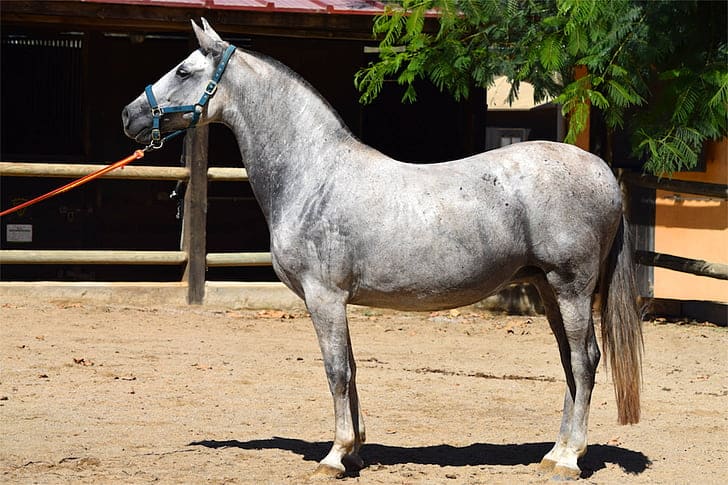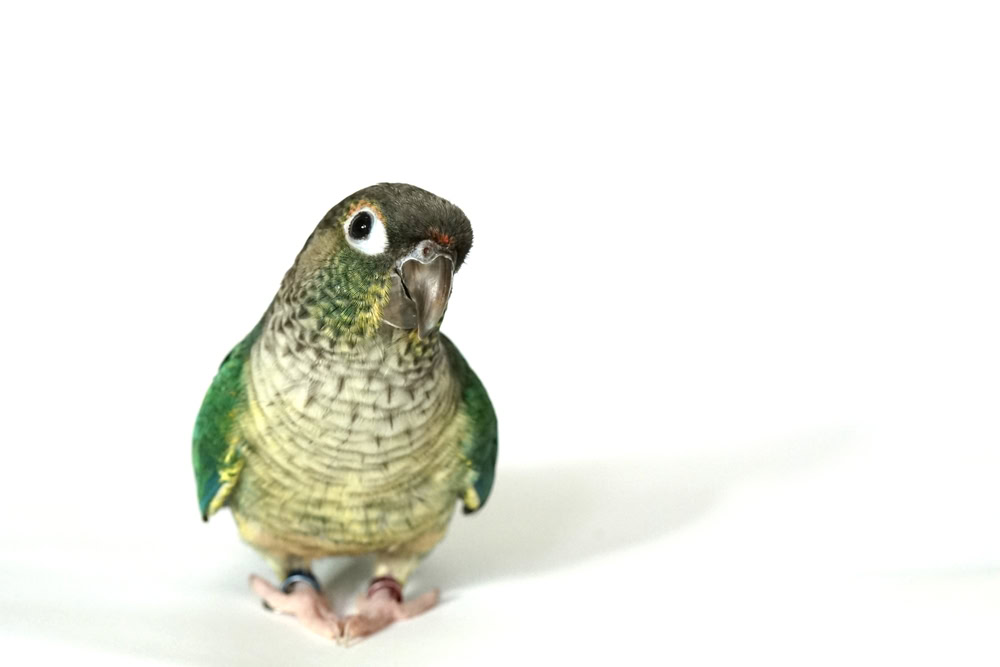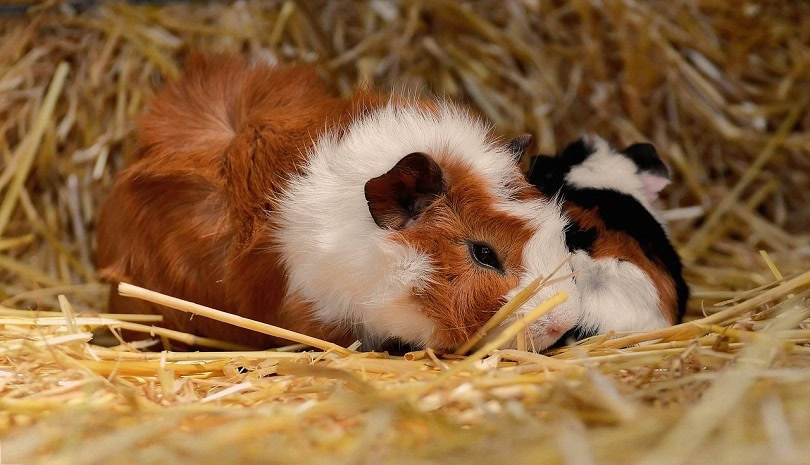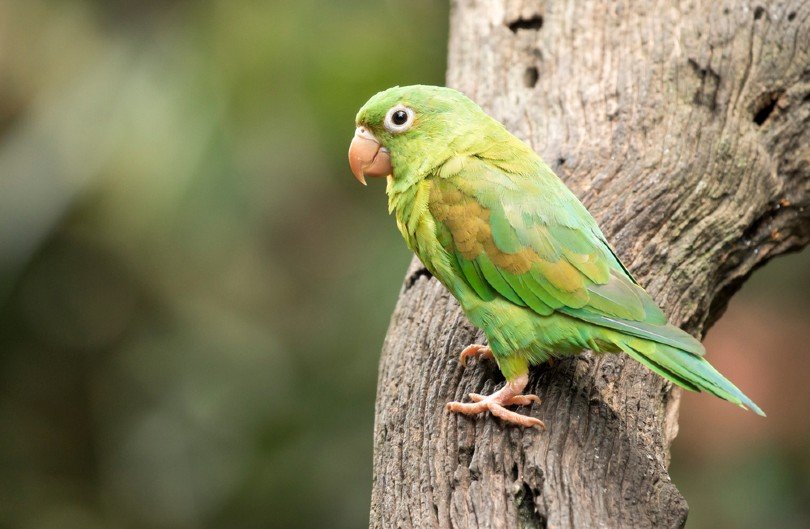The Warmblood and Hot Blooded Light Horses are the best known of the horse breeds!
The modern Light Horse breeds are the most predominant types of horses seen today. These horses are smaller than the powerful draft horse breeds, and the majority of them are larger than the pony breeds. They were bred mostly for light work or riding. Some are used for ranch work, but the majority are used primarily for recreation or show.
No matter what your level of equestrian skills, there is a light horse breed that can fill you needs. Light horses are referred to as ‘warmblood’ or ‘hot blooded’ breeds, depending upon their ancestry and development. Temperaments vary by breed. The hot blooded breeds, those that resemble the Arabian types, are very spirited and high strung. They require a firm experienced hand in training and handling. Many of the other light horses, referred to as warmblood, are very attentive and respond well to a beginner.
A light horse breed can make a wonderful riding horse for the average family. For for the dedicated equestrian interested in the showing and competition, there are light breeds that excel in different tasks.There are a large variety of uses and disciplines for the light horses, including pleasure riding and trail horseback riding, horse racing,show jumping, light harness racing, dressage, eventing, and more.
The list of light horse breeds below includes the best known light horses, as well as those that are lesser known. Each light breed horse guide provides in-depth information about their origins and background. There is a description with pictures, horse care, feeding, training, and the activities they are best suited for as well as potential problems.
The 31 Light Horse Breeds
Light Horse Breeds – Hunter Type
- Canadian Sport Horse
- Dutch Warmblood
- Holsteiner
- Iberian Warmblood
- Marwari
- Oldenburg
- Selle Francais
- Swedish Warmblood
- Thoroughbred
- Trakehner
- Westfalen
Light Horse Breeds – Other Type
- Andalusian
- Caspian Horse
- Friesian
- Haflinger
- Hanoverian
- Icelandic Horse
- Lipizzaner
- Lusitano
- Miniature Horse
- Mustang
- Norwegian Fjord
Light Horse Breeds – Saddle type
- American Saddlebred
- Arabian Horse
- Kentucky Mountain Saddle Horse
- Morgan Horse
- National Show Horse
- Tennessee Walking Horse
Light Horse Breeds – Stock Type
- Appaloosa
- Paint Horse
- Quarter Horse
Horse Backgrounds: About Light Horse Breeds
The Light Horse breeds have ancient bloodlines, connecting their ancestry back to the oldest breed of horse. Throughout history the development of each breed was influenced by its environment its specialization, mostly for light work and riding.
Light horse breeds originally descended from the Arabian type horse, and possibly the Barb. Each breed is considered to be either “hot blooded” or a “warmblood’. Most of Light Horse breeds range from 14.2 hands high to 17.2 hands high, and are generally faster and less bulky than the draft type and taller than the ponies. These horses are widely used for recreation and show.
Horse Breeds
Classifying horses as Light Horse breeds, Draft Horse breeds, or Pony breeds is just one of the ways of distinguishing these horses. Light Horse breeds are further distinguished as being hot blooded, those resembling the Arabian types, or as warmblood horses, those similar to the European competition horses. Light Horse breeds can also be classified by the country or continent of their origin, with some of the most popular breeds being native American horses.
Still another method of classifying Light horses is according to training and/or body type.
This is the method we are using here. They are placed in horse type classes according to well established talents for each breed; Stock type, Hunter type, Saddle Type, and Other type. (These classifications are not absolutely definitive, and may vary from source to source.)
Stock Type Breeds: Stock type horses are those traditionally used for ranch type work.
- Appaloosa
- Paint Horse – also Hunter type
- Quarter Horse
Hunter Type Breeds: Hunter type horses are a sport horse.
- Canadian Sport Horse
- Dutch Warmblood
- Holsteiner
- Iberian Warmblood
- Marwari
- Oldenburg
- Thoroughbred
- Trakehner
- Westfalen
- Selle Francais
- Swedish Warmblood
Saddle Type Breeds: Saddle type horses are those used for show and conformation.
- American Saddlebred
- Arabian
- Kentucky Mountain Saddle Horse
- Morgan Horse
- National Show Horse
- Tennessee Walking Horse
Other Type Breeds: ‘Other’ type horses is an ‘odd ball’ group including the color breeds and those breeds that don’t fit neatly or absolutely in one of the other groups.
- Andalusian
- Caspian Horse
- Friesian
- Haflinger
- Hanoverian
- Icelandic Horse
- Lipizzaner
- Lusitano
- Miniature Horse
- Mustang
- Norwegian Fjord
Horse Care Tips and Uses: Equestrian Disciplines
A basic Light horse diet includes hay and grain, with a vitamin and mineral supplement. Many will be equally fine in a barn, box stall, or an open pasture. If kept indoors they do need to be turned out into a paddock daily. But it is very important that the needs of each individual breed is also considered. The number and type of special considerations for Light horses is as variable as the vast number of breeds. Be sure you learn about the care requirements for the breed of horse you are getting.
The temperament of these horses also varies by breed. There are those that are very responsive and even and respond well to a beginner, to those that are very high spirited and high strung, requiring a firm experienced hand. Many Light breeds make a wonderful riding horse for the average family; and for the dedicated equestrian, there are Light breeds that excel in competition and the show ring.
Featured Image Credit: PickPik










